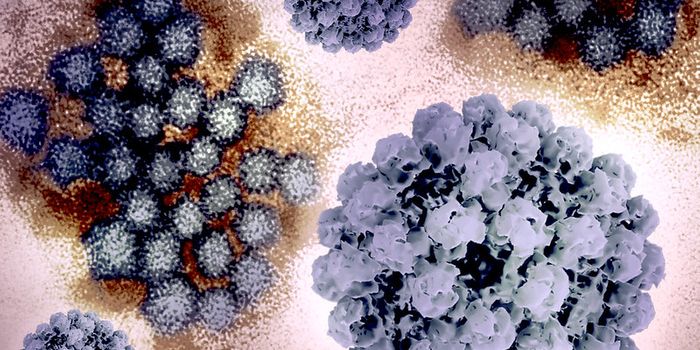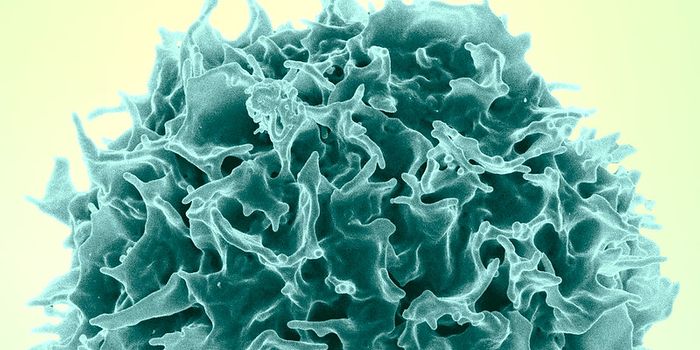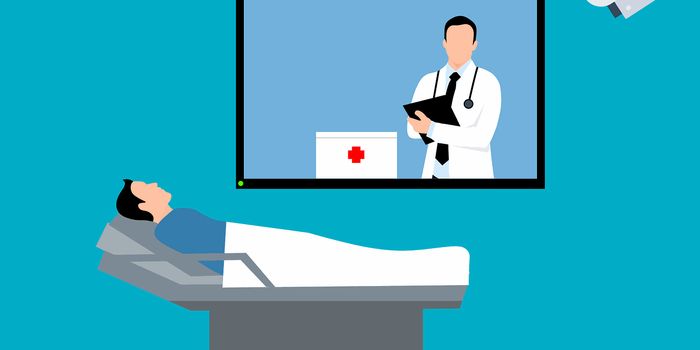Scientists at the Imperial College London and DNA Electronics have developed a
portable USB device that detects the presence of HIV in a matter of 20 minutes. The aim of such device is to increase awareness among patients about their HIV status and improve treatment adherence.
"Monitoring viral load is crucial to the success of HIV treatment," said Graham Cooke, professor at the Imperial College London, and the study’s senior author. "At the moment, testing often requires costly and complex equipment that can take a couple of days to produce a result. We have taken the job done by this equipment, which is the size of a large photocopier, and shrunk it down to a USB chip," Cooke said.
The team designed the device with maximum portability and speed in mind, along with high accuracy. The device, known as the complementary metal-oxide semiconductor (CMOS), relies on a pH-sensing chip that gives direct, point-of-care monitoring. It collects just one drop of blood from a patient. Then, it analyzes the sample for any trace of the virus. If the virus is present, the device amplifies the signal, which will then triggers a shift in the pH levels. This change in pH is then converted to electrical signals sent to the USB device and the computer.
“The method is capable of working on a USB compatible stick without the need for additional power supply, labelling or fluorescence detection and with the potential for operation without a desktop platform,” the authors write.
The device was put to the test with nearly 1,000 samples, and it passed with 95 percent sensitivity. Furthermore, the median time to result was a mere 20.8 minutes – a vast improvement over the days it would take with conventional laboratory testing.
With faster turn-around-time, lower costs, and improved ease of use, the team hopes to target the device mainly to underdeveloped countries where HIV rates are high. In particular, the device could help patients better monitor their disease status and know whether the treatments they take are working to suppress the viral count. Doctors, too, will also have the information to know if their patients are adhering to the prescribed treatment. These influences, the researchers hope, will thwart any drug resistance early on and improve the outcome for patients with the disease.
The device still requires further testing in the lab before being tested in the field, but the team is excited at the prospects. The “technology shows great potential as a route to a point of care diagnostic suitable for use in clinical settings without access to a laboratory infrastructure,” they write. They also note this platform may be adapted to screening for other pathogens in the future.
Additional sources: Live Science
https://www.livescience.com/56813-hiv-test-usb-stick.html









